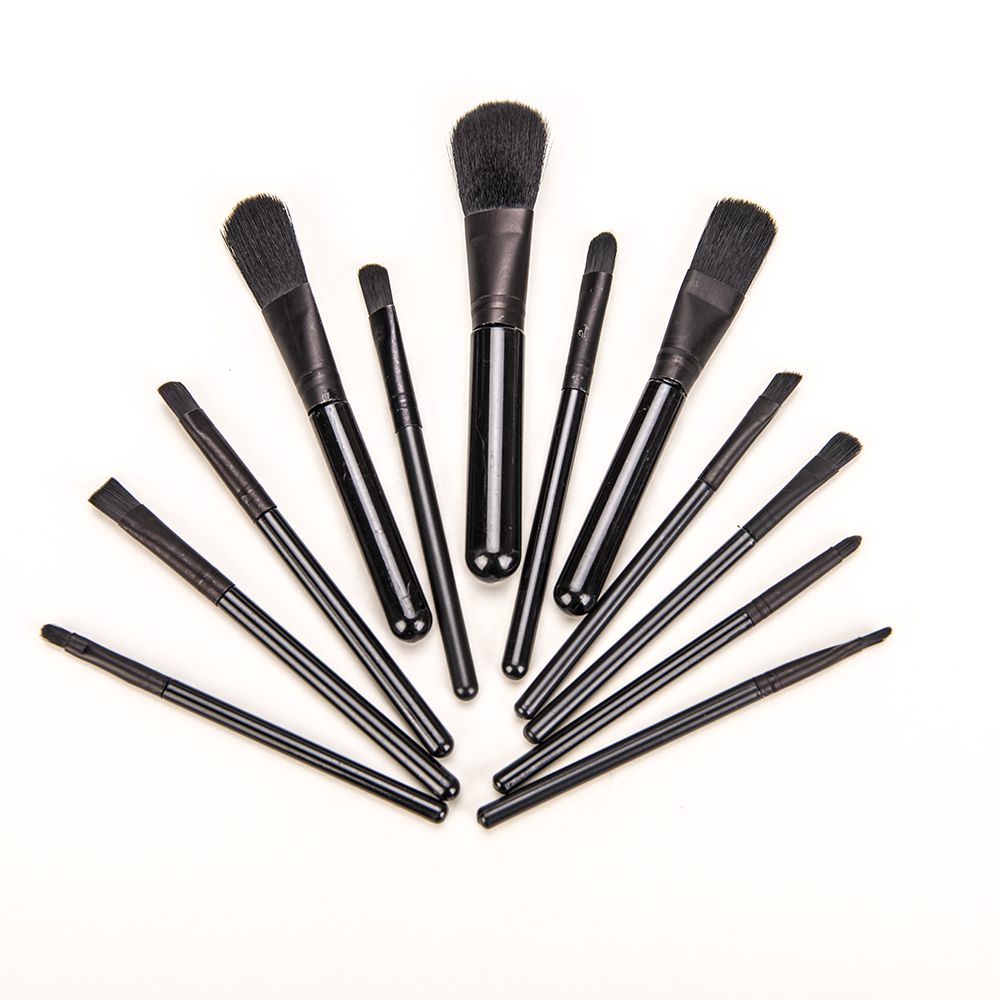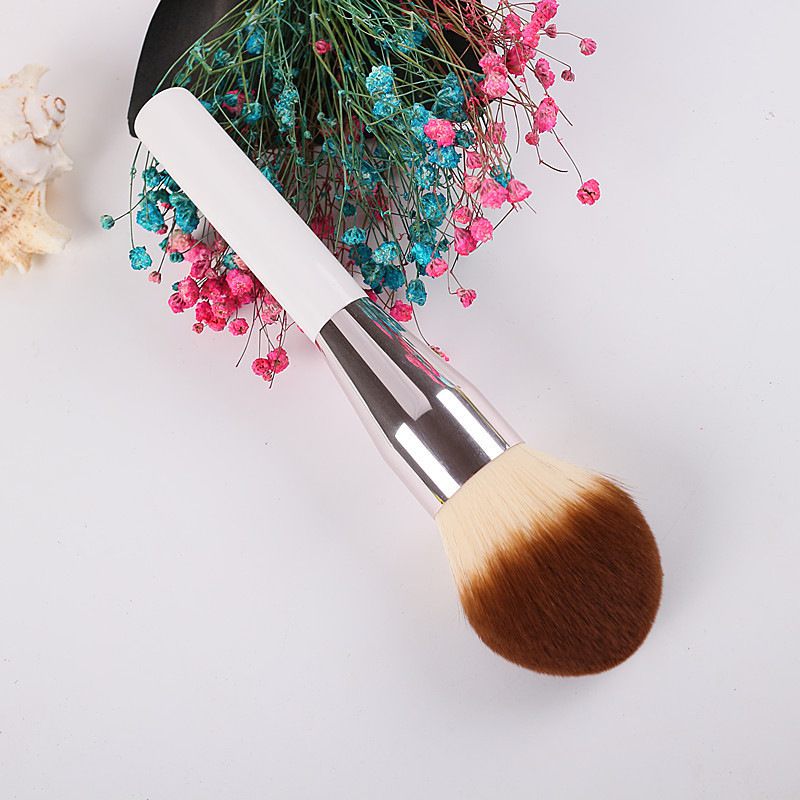Industry news
Russia’s Local Brush Production Rises: Synthetic Bristles Replace Imported Horsehair
- 620 Views
- 2025-11-23 01:31:21
Russia’s Local Brush Production Rises: Synthetic Bristles Replace Imported Horsehair
In recent years, Russia’s cosmetic and industrial brush manufacturing sector has witnessed a notable shift: local production is booming, driven largely by the replacement of imported horsehair with advanced synthetic bristles. This transition marks a significant departure from the industry’s historical reliance on natural materials and imported supplies, reshaping both domestic supply chains and global market dynamics.
Historically, Russian brush producers depended heavily on imported horsehair, primarily sourced from European and Central Asian markets. Natural horsehair, valued for its softness and durability, was long considered a premium material for high-end cosmetic brushes and precision industrial tools. However, this reliance came with challenges: supply chain vulnerabilities, fluctuating import costs, and ethical concerns over animal welfare. By 2020, imported horsehair accounted for over 65% of raw material inputs for Russian brush manufacturers, leaving the industry exposed to geopolitical disruptions and trade restrictions.

The tide began to turn as two key factors converged: advancements in synthetic bristle technology and shifting market demands. Innovations in polymer science—particularly in materials like nylon, PBT (polybutylene terephthalate), and modified polyester—have yielded synthetic bristles that rival, and in some cases surpass, natural horsehair in performance. Modern synthetic filaments offer consistent texture, improved durability, and enhanced product longevity, addressing longstanding complaints about natural hair’s variability and susceptibility to damage from moisture or chemicals.

Equally impactful is the global rise in cruelty-free consumerism. Younger demographics, in Russia and abroad, increasingly prioritize products free from animal-derived ingredients. This trend has pressured manufacturers to adopt vegan-friendly alternatives, with synthetic bristles emerging as the ethical and market-savvy choice. For local Russian producers, this shift aligns with both consumer preferences and the need to reduce import dependency, a priority heightened by recent geopolitical tensions that disrupted traditional supply routes.
The results of this transition are tangible. According to industry reports, Russia’s domestic brush production has grown by an average of 22% year-over-year since 2022, with synthetic bristle usage now exceeding 50% of total raw material inputs—up from just 20% in 2018. Local manufacturers, such as St. Petersburg-based CosmoTools and Moscow’s BrushTech, have expanded production facilities, investing in automated bristle extrusion lines to meet demand. These investments have not only boosted output but also improved quality control: synthetic bristles, produced in controlled factory environments, reduce defects by up to 30% compared to natural horsehair, which varies in texture and length even within the same batch.
Cost efficiency further fuels the shift. Synthetic raw materials, sourced locally from Russian polymer producers, eliminate import tariffs and transportation costs, slashing production expenses by 15–20% for mid-range brush lines. This cost advantage has made Russian-made brushes more competitive in both domestic and export markets, with preliminary data showing a 12% increase in brush exports to neighboring Eurasian Economic Union (EAEU) countries in 2023.
Looking ahead, the future of Russia’s synthetic bristle-driven brush industry appears robust. Ongoing R&D into biodegradable synthetics and antimicrobial coatings promises to further enhance product appeal, while government initiatives to support domestic manufacturing—including subsidies for green tech adoption—are set to accelerate growth. As synthetic bristles continue to replace imported horsehair, Russia is positioning itself not just as a regional player, but as a global innovator in sustainable, high-performance brush production.











